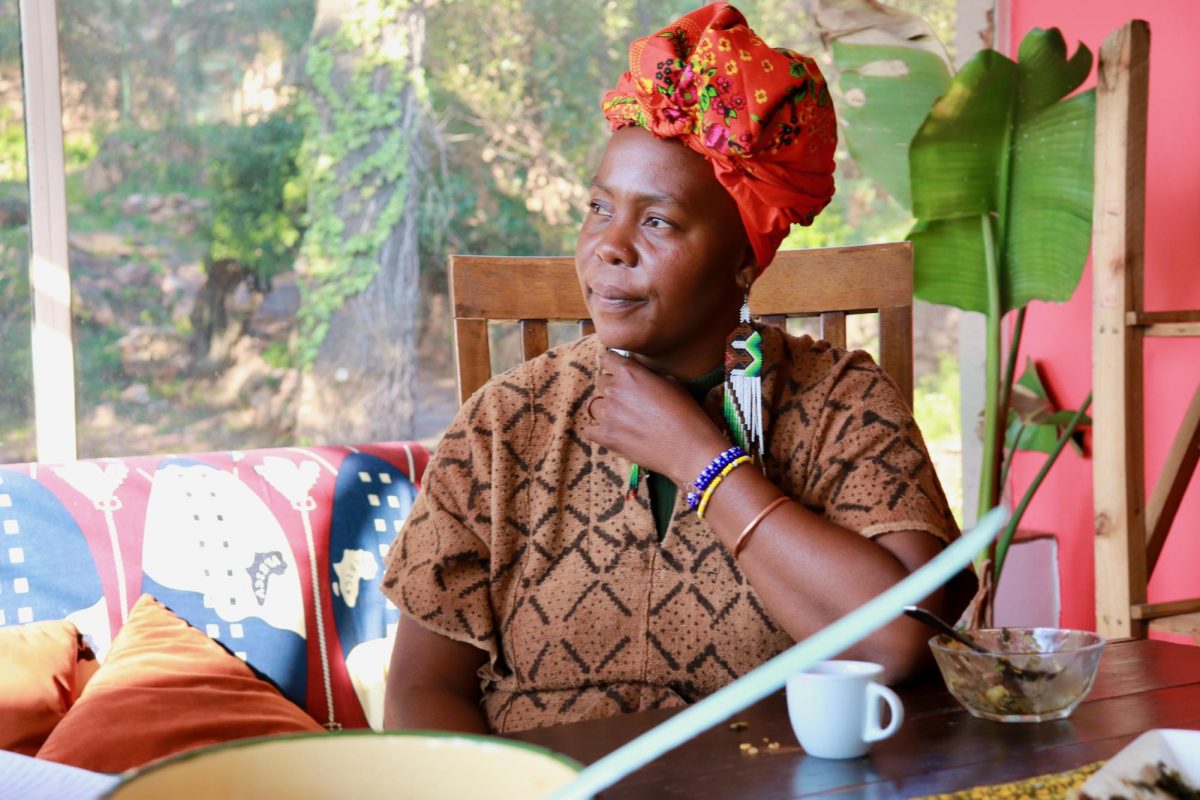Social media’s effects on self-image
Body positivity hasn’t always thrived in the social media world. Social media platforms, like Instagram, are notoriously toxic because they promote false portrayals of individuals and provide a platform that makes people susceptible to comparison with others.
Apps like FaceTune allow people to edit their photos and modify how they look. Sometimes people are not transparent about their edited Instagrams, whereas others are honest, like YouTube makeup artist James Charles.
Beauty standards formed by celebrities like the Kardashians to niche users created a culture that has incited harm, particularly in the form of eating disorders and promoting an exclusive mold of women’s bodies.
Instagram is evolving under the “make Instagram casual again” trend, where people are giving up on the unspoken rules of having an aesthetically pleasing layout full of pictures with the same Lightroom preset or simply just sharing the most attractive moments of themselves.
This trend brings hope that Instagram will become less of a detriment to users. There seem to be fewer and fewer unrealistic picturesque shots and edited pictures, because transparency, to a degree, is more of a trend valued by Gen-Z.
Body positivity is especially becoming more prevalent on the app than ever, and perhaps will have positive impacts in the long run. Gen-Z is known to call the shots, and authenticity is one of the values we want, from social media and beyond.
In an Instagram post from March 2019, Khloe Kardashian posed in a mirror selfie with a caption promoting Flat Tummy Tea, a product that is marketed to reduce bloating. Actress Jameela Jamil, who is a known advocate against meal replacements and appetite suppressants, commented on the post telling Kardashian not to put back into the world what the industry and media “bullied” her into becoming, because it has a negative impact on her followers.
Over the years, our culture has conditioned women to normalize certain types of bodies, in particular, ones you see on social media. If your body is not like that body, then it isn’t a good body.
Despite attitudes like those of Khloe Kardashian and the rest of her family, Gen-Z influencers don’t appear to tolerate the same facades as the Kardashians.
YouTuber Emma Chamberlain has had a huge impact on Gen-Z, with many of the trends we see now started by but often not credited to her. In her recent Cosmopolitan cover issue, she opened up about suffering from body dysmorphia, largely due to growing up on the internet, and how she refuses to take sponsorships from dieting companies.
In her new Netflix documentary, Taylor Swift opened up about how looking at pictures of herself constantly and being told how her body looks caused her to over-exercise and not eat. She reminisced on how constant beauty standards impacted her struggle to conform to all of them.
Breakout artist Lizzo frequented the media this past year for her body positivity advocacy, from her song lyrics to speaking out about self-love and rejecting traditional beauty standards. Her presence on social media, particularly Instagram, also preaches these ideals.
There is an odd sense of relatability in knowing that the people with the most followers, who put out the content that tends to make others envious or fall victim to comparison, are actually on the receiving end of the same type of destructive psychological tendencies.
By having prominent stars like Chamberlain and Swift open up about the impacts of social media on their body image, it creates more of an open dialogue about the subject and how common it actually is.
It seems like Gen-Z is taking strides to make apps like Instagram a space to see all types of women plastered across ads and beauty campaigns, as opposed to those like the Kardashians who achieved an aesthetic from personal nutritionists, chefs and probable surgery.
Even the 2019 Victoria’s Secret Fashion Show was canceled due to a decline in ratings, as in recent years it has received criticism for its unrealistic standards of women and lack of body inclusivity.
Our current social media state rejects traditional images of perfection, rather advocates for authenticity. Although social media is often scrutinized for its negative impacts, it isn’t going anywhere anytime soon. Making it the best space possible seems to be a mission for Gen-Z, as influencers, celebrities and brands are all listening to the calls for representation and realness.







































